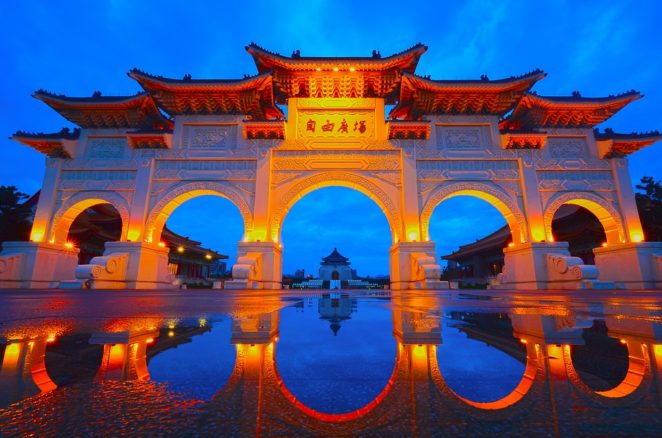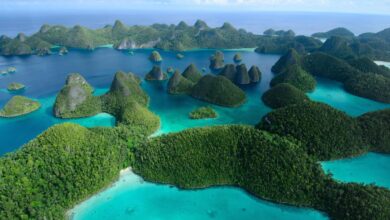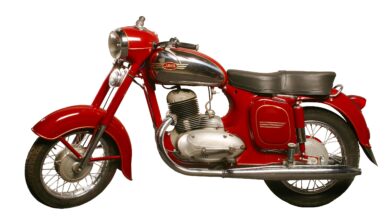Taiwan’s Rise: Unveiling the Global Powerhouse

Introduction to Taiwan
Taiwan, officially known as the Republic of China (ROC), is an island nation located in East Asia. The country is situated in the western Pacific Ocean, approximately 100 miles off the coast of southeastern China. With a rich history, diverse culture, and stunning natural beauty, Taiwan has become a popular destination for tourists, business travelers, and expatriates alike. In this article, we will delve into the history, culture, economy, and attractions of Taiwan, providing readers with a comprehensive understanding of this fascinating country.
History of Taiwan
The history of Taiwan dates back to the 17th century, when the island was inhabited by indigenous tribes. In 1624, the Dutch established a colony on the island, which was later taken over by the Chinese Qing dynasty in 1683. Following the First Sino-Japanese War, Taiwan was ceded to Japan in 1895 and remained under Japanese rule until the end of World War II in 1945. After the war, the Republic of China (ROC), led by Chiang Kai-shek, took control of the island. However, the Chinese Civil War led to the establishment of the People’s Republic of China (PRC) on the mainland, while the ROC government retreated to Taiwan.
Today, Taiwan is a democratic country with a vibrant economy and a unique cultural identity. The country has a complex relationship with China, with the PRC claiming Taiwan as its own territory. Despite this, Taiwan has maintained its independence and continues to develop its own distinct culture, economy, and politics.
Culture of Taiwan
Taiwanese culture is a blend of traditional Chinese, Japanese, and indigenous influences. The country is known for its vibrant festivals, delicious cuisine, and rich cultural heritage. Some of the most notable cultural attractions in Taiwan include:
- Lunar New Year celebrations: Taiwan celebrates the Lunar New Year with parades, fireworks, and traditional foods.
- Night markets: Taiwan’s night markets are famous for their street food, souvenirs, and local products.
- Temples and shrines: Taiwan is home to numerous temples and shrines, including the famous Longshan Temple in Taipei.
- Indigenous cultures: Taiwan has a rich indigenous culture, with 16 recognized tribes, each with their own language, customs, and traditions.
Taiwanese cuisine is also a major part of the country’s culture, with popular dishes including beef noodle soup, stinky tofu, and bubble tea. The country is also known for its vibrant arts scene, with numerous museums, galleries, and performance venues.
Economy of Taiwan
Taiwan has a high-income economy, with a strong focus on technology, manufacturing, and exports. The country is home to several major industries, including:
- Technology: Taiwan is a leading producer of electronics, including computers, smartphones, and semiconductors.
- Manufacturing: Taiwan has a strong manufacturing sector, with major industries including textiles, plastics, and machinery.
- Agriculture: Taiwan is a significant producer of agricultural products, including rice, sugar, and fruit.
- Services: The service sector is also a major contributor to Taiwan’s economy, with major industries including finance, tourism, and logistics.
Taiwan is also a major player in international trade, with the country being a member of the World Trade Organization (WTO) and the Asian-Pacific Economic Cooperation (APEC) forum. The country has also signed several free trade agreements, including the Taiwan-Singapore Free Trade Agreement and the Taiwan-New Zealand Free Trade Agreement.
Attractions in Taiwan
Taiwan is a popular tourist destination, with a wide range of attractions and activities to suit all interests. Some of the most notable attractions in Taiwan include:
- Taipei 101: The Taipei 101 skyscraper is one of the tallest buildings in the world and offers stunning views of the city.
- National Palace Museum: The National Palace Museum is home to one of the largest collections of Chinese art and artifacts in the world.
- Sun Moon Lake: Sun Moon Lake is the largest freshwater lake in Taiwan and is a popular destination for boating, hiking, and cycling.
- Kenting National Park: Kenting National Park is a beautiful coastal park with stunning scenery, beaches, and wildlife.
- Night markets: Taiwan’s night markets are famous for their street food, souvenirs, and local products.
Taiwan is also a popular destination for outdoor activities, including hiking, cycling, and surfing. The country has a well-developed infrastructure, with numerous bike paths, hiking trails, and scenic coastal routes.
Cities in Taiwan
Taiwan has several major cities, each with its own unique character and attractions. Some of the most notable cities in Taiwan include:
- Taipei: Taipei is the capital city of Taiwan and is known for its vibrant culture, nightlife, and shopping.
- Kaohsiung: Kaohsiung is the second-largest city in Taiwan and is a major port and industrial center.
- Taichung: Taichung is a major city in central Taiwan and is known for its cultural attractions, including the National Taiwan Museum of Fine Arts.
- Tainan: Tainan is a historic city in southern Taiwan and is known for its ancient temples, forts, and traditional architecture.
- Hualien: Hualien is a coastal city in eastern Taiwan and is a popular destination for outdoor activities, including hiking, surfing, and whale watching.
Each city in Taiwan has its own unique character and attractions, and visitors can experience a wide range of cultures, cuisines, and landscapes by traveling between cities.
Education in Taiwan
Taiwan has a well-developed education system, with a strong focus on science, technology, engineering, and mathematics (STEM) fields. The country is home to several top-ranked universities, including:
- National Taiwan University: National Taiwan University is one of the top universities in Taiwan and is known for its strong programs in engineering, medicine, and science.
- National Chiao Tung University: National Chiao Tung University is a leading university in Taiwan and is known for its strong programs in engineering, computer science, and business.
- National Tsing Hua University: National Tsing Hua University is a top-ranked university in Taiwan and is known for its strong programs in science, technology, and engineering.
Taiwan also has a strong vocational training system, with numerous vocational schools and training programs available. The country is also a popular destination for international students, with several universities offering programs in English and other languages.
Healthcare in Taiwan
Taiwan has a well-developed healthcare system, with a strong focus on universal access and high-quality care. The country has a national health insurance system, which provides comprehensive coverage for all citizens. Taiwan is also home to several top-ranked hospitals, including:
- National Taiwan University Hospital: National Taiwan University Hospital is one of the top hospitals in Taiwan and is known for its strong programs in medicine, surgery, and research.
- Taipei Veterans General Hospital: Taipei Veterans General Hospital is a leading hospital in Taiwan and is known for its strong programs in medicine, surgery, and rehabilitation.
- Chang Gung Memorial Hospital: Chang Gung Memorial Hospital is a top-ranked hospital in Taiwan and is known for its strong programs in medicine, surgery, and research.
Taiwan is also a popular destination for medical tourism, with several hospitals and clinics offering high-quality care at competitive prices.
Transportation in Taiwan
Taiwan has a well-developed transportation system, with a strong focus on convenience, efficiency, and safety. The country has a comprehensive network of roads, highways, and public transportation systems, including:
- High-speed rail: Taiwan’s high-speed rail system connects major cities, including Taipei, Kaohsiung, and Taichung.
- Bus and coach services: Taiwan has an extensive network of bus and coach services, connecting cities, towns, and rural areas.
- Subway and metro systems: Taiwan’s major cities have modern subway and metro systems, providing convenient and efficient transportation.
- Taxi and ride-hailing services: Taiwan has a well-developed taxi and ride-hailing system, with several companies operating in major cities.
Taiwan is also a popular destination for cycling, with numerous bike paths and scenic coastal routes. The country is also investing heavily in electric and hybrid vehicles, with several charging stations and incentives available for drivers.
Conclusion
Taiwan is a fascinating country with a rich history, diverse culture, and stunning natural beauty. From its vibrant cities to its scenic coastal routes, Taiwan has something to offer for every interest and travel style. With its strong economy, high standard of living, and well-developed infrastructure, Taiwan is an attractive destination for tourists, business travelers, and expatriates alike. Whether you’re interested in history, culture, food, or outdoor activities, Taiwan is a must-visit destination in East Asia.









